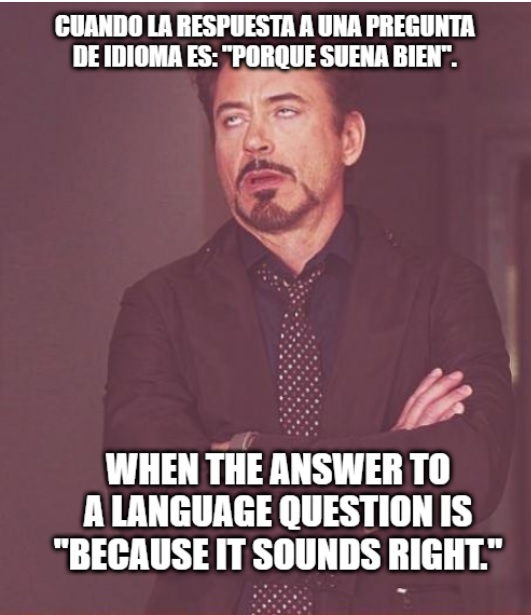Muchos estudiantes de idiomas y docentes de idiomas extranjeros se suelen hacer esta pregunta cuando se ofrecen puestos “exclusivamente para hablantes nativos”. ¿Ser hablante nativo es el súmmum del conocimiento de un idioma? Lo más seguro es que la respuesta es negativa. Ser “Hablante nativo” no es una acreditación laboral.
En mi experiencia, cuando sos un principiante absoluto en un idioma, un docente nativo sin formación puede ser una pérdida total de tiempo y dinero. Un docente de idiomas (nativo o no) que habla tu idioma es la mejor opción porque puede entender tus propias estructuras lingüísticas y así explicar aspectos complejos del idioma en tu lengua. Un hablante nativo sin formación para enseñar el idioma es ideal para el intercambio de idiomas y práctica cuando ya tenés un nivel pre-intermedio o intermedio del idioma. ¿Cuál ha sido tu experiencia?

ARE NATIVE SPEAKERS “THE IDEAL FOREIGN LANGUAGE TEACHER/INSTRUCTOR”?
This question is often posed by language learners and by professional non-native foreign language teachers as they read job descriptions offering jobs to “native speakers only”. Is being a native speaker the pinnacle of knowledge in a language? Arguably the answer is no. “Native speaker” should not be a work credential.
In my experience, when you are a complete beginner having an untrained native instructor can be a waste of time and money. A foreign language teacher (native or non-native) that speaks your language is the best choice since he/she can fully understand your language structures and thus explain complex grammar aspects in your language. A native speaker alone, without any teaching training, is ideal for language exchange when you are at least a pre-intermediate or intermediate speaker. What’s been your experience?